Scholar Spotlight - Bler Bahidi
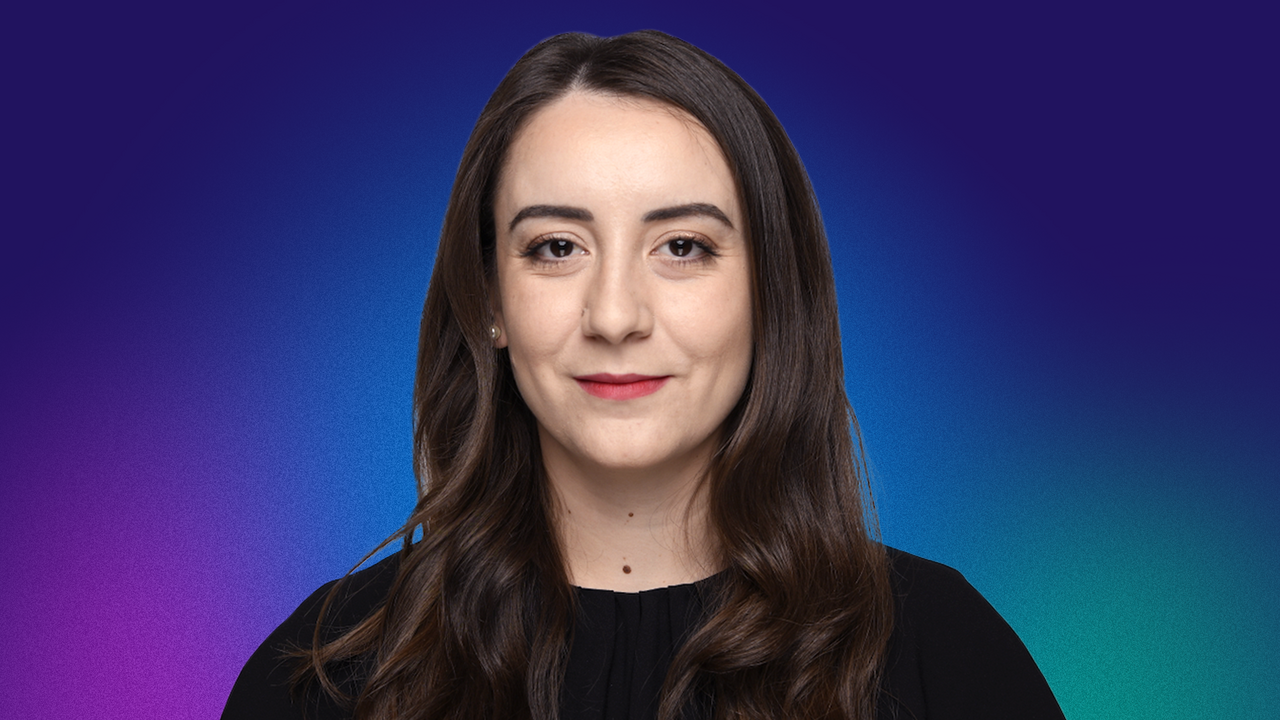
Discover more Scholar Spotlights.
Bler Bahidi, a Laidlaw Scholar at IE Business School, is driving change through her role as Secretary of the Women in Business Board
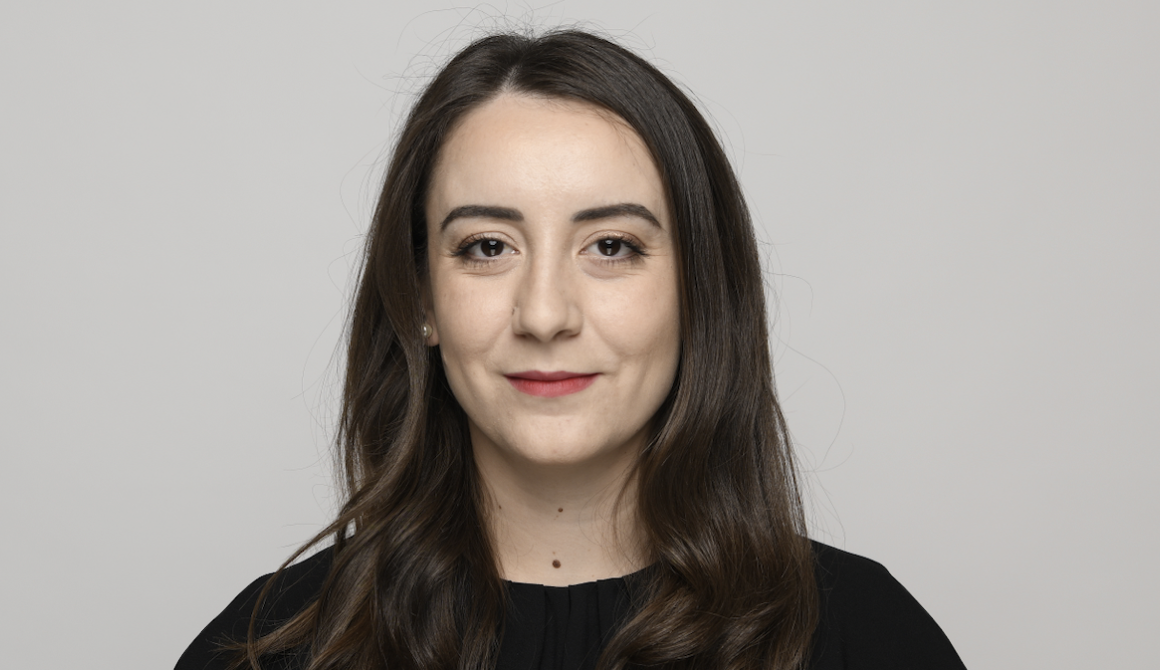
I applied for the Laidlaw Scholarship because I genuinely believe I embody the values that the Laidlaw Foundation stands for—ethical leadership, a commitment to diversity, equity and inclusion, and the advancement of gender equality. These principles are not just ideals to me; they are values I strive to reflect in both my personal and professional life. The scholarship represents far more than just financial support to fund my MBA journey at IE Business School. It is a gateway to a purpose-driven community—one that I have already found to be incredibly enriching, inspiring, and empowering.
This scholarship has already given me so much: a strong network of peers and mentors, a renewed sense of purpose, and the confidence to dream even bigger. I am incredibly grateful for the support and the opportunity to grow both intellectually and personally. Looking ahead, I see my role not only as a recipient of the Laidlaw legacy but as someone who is eager and ready to contribute to it. Whether by mentoring future scholars, supporting community initiatives, or advancing the Foundation’s mission in my own career, I am committed to giving back to the Laidlaw community that has invested in me.
What is the biggest life challenge you have overcome and what did you learn from it?
Growing up in a developing country, I have faced hardship, insecurity, and financial constraints from an early age. These challenges were compounded when I had to leave my country as a child, navigating unfamiliar cultures and environments while teaching myself new languages. Adapting to these changes and repeatedly stepping into the unknown taught me resilience, independence, and the importance of perseverance.
While these experiences shaped me and made me stronger, they also revealed the deep inequities that exist in the world. I’ve had to fight hard for every opportunity—taking risks, making sacrifices, and often operating without a safety net. But through it all, I’ve come to believe in a more just and equitable world, one where access to opportunity should be a right, not a privilege.
This belief now drives my personal and professional goals. I want to help create systems that empower others, so that they don’t have to go through the same hoops just to have a fair chance. The greatest lesson I’ve learned is that hardship can fuel purpose—and with the right mindset, even the most difficult paths can lead to meaningful impact.
What is the most useful/impactful piece of advice you have been given in your life?
The most impactful advice I’ve ever received wasn’t spoken directly—it was recited, over and over, by my father reading If— by Rudyard Kipling. He told me it was a blueprint for how to be a good person, and over the years, those verses became deeply ingrained in me. The lines that left the strongest mark were about resilience: “Or watch the things you gave your life to, broken, and stoop and build ’em up with worn-out tools…” and “If you can force your heart and nerve and sinew to serve your turn long after they are gone…” They taught me the power of quiet perseverance, of starting over with dignity, of holding on when everything else tells you to quit. In moments of uncertainty or hardship, I’ve returned to these words. They remind me that grace under pressure and unwavering will are the cornerstones of true strength.
Conversely, what is the WORST piece of advice you have been given?
The worst piece of advice I’ve been given is to “be more grounded”—not in the sense of staying humble, but as a way to discourage ambition. Growing up in a traditional society where women were often expected to prioritize homemaking over dreams, I was frequently told—implicitly and explicitly—not to aim too high, take risks, or desire more than what was considered "appropriate" for a woman. It was advice meant to keep me small, safe, and silent. Thankfully, my immediate family believed in a different path. They nurtured my curiosity, independence, and hunger to grow. I’ve learned that ambition isn’t arrogance—it’s a form of hope, especially for those who have been historically told to dream less. Rejecting that advice has been one of the most liberating and defining decisions of my life.
What are your top 3 leadership tips?
- Lead with empathy and self-awareness
- Make decisions guided by values, not just outcomes
- Embrace adaptability and lifelong learning
What does it mean for you to be a Laidlaw Scholar?
The Laidlaw Scholarship isn’t just a financial boost—it’s a platform. It’s a global network of changemakers committed to ethical leadership and real impact. Being part of this community means access to knowledge, mentorship, and a shared vision for a more inclusive future.
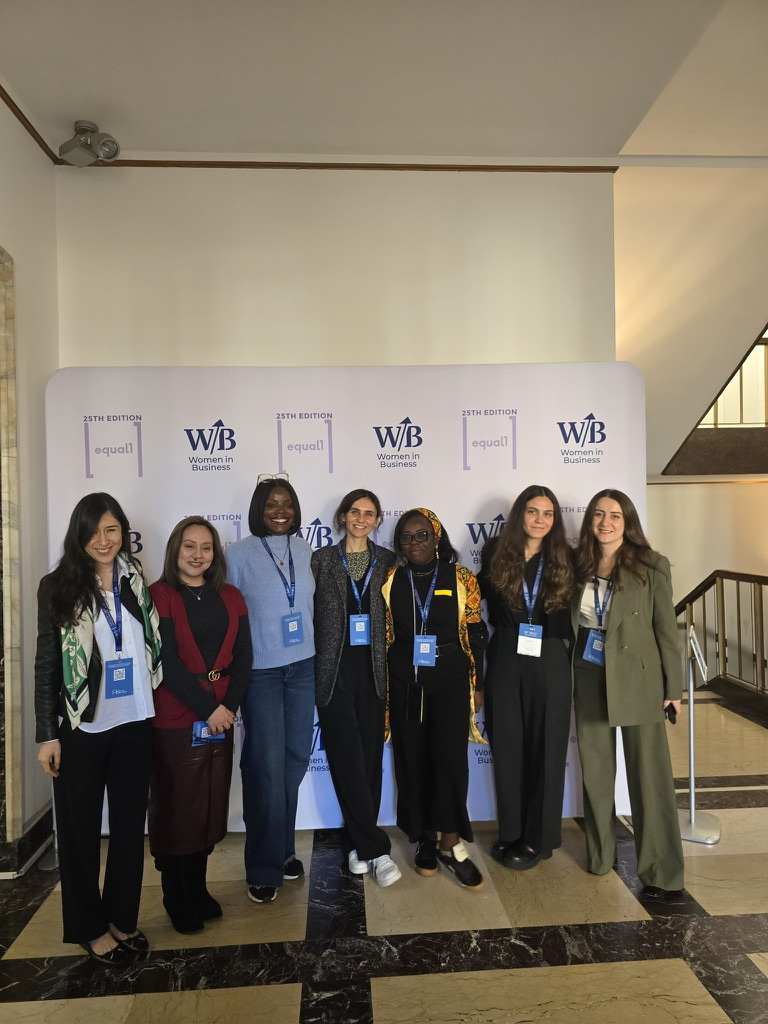
What does it mean for you to be a member of the Laidlaw Women in Business Board?
Being a member of the Laidlaw Women in Business Board means the opportunity to give back to a community that has already given me so much. It’s a chance to collaborate with and learn from an inspiring group of women who share a commitment to ethical leadership, inclusion, and impact. I’m especially excited about strengthening the relationships between our schools, fostering meaningful dialogue, and building cross-campus initiatives that empower future leaders. For me, it’s not just a role—it’s a responsibility to uplift others, amplify diverse voices, and help shape a more equitable future in business and beyond.
Which leaders inspire you the most and why?
Several leaders inspire me deeply—not just for their professional achievements, but for the values and impact they represent.
Mira Murati, as the CTO of OpenAI, is a powerful example of leadership in tech. She’s leading the charge in shaping how artificial intelligence can responsibly serve humanity. I admire her blend of technical brilliance and ethical foresight—showing that innovation doesn’t have to come at the cost of responsibility.
Dua Lipa inspires me beyond her success in music and entertainment. She uses her global platform to spotlight the rich culture and challenges of Kosovo and Albania, advocating for representation and dignity for underrepresented communities. Her balance of creativity, activism, and business acumen makes her a standout leader of this generation.
Jacinda Ardern, former Prime Minister of New Zealand, remains one of my most admired political leaders. She exemplified empathy-driven leadership, particularly in her handling of the Christchurch attacks and the COVID-19 crisis. Her ability to lead with compassion while making difficult decisions proves that strength and kindness can coexist in politics.
Together, these women inspire me to lead with purpose, resilience, and a commitment to giving back.
Describe a scene from the future you are striving to create.
I envision a future where no one feels forced to leave their homeland in search of safety, opportunity, or dignity. A world where people can thrive in the countries they call home—surrounded by their families, cultures, and communities—because opportunities are not a privilege reserved for a few, but a right accessible to all. I strive to help build societies where potential is nurtured regardless of background, where systems uplift rather than exclude. In this future, women no longer face glass ceilings—they lead, innovate, and shape policy with equal voice and influence. I want to be part of a movement that dismantles structural barriers and replaces them with bridges to equity, inclusion, and empowerment. Through ethical leadership and collective action, I believe we can redefine what’s possible and create a world where thriving doesn’t require leaving everything behind.
Quick-fire Questions
📺 Currently Binging:
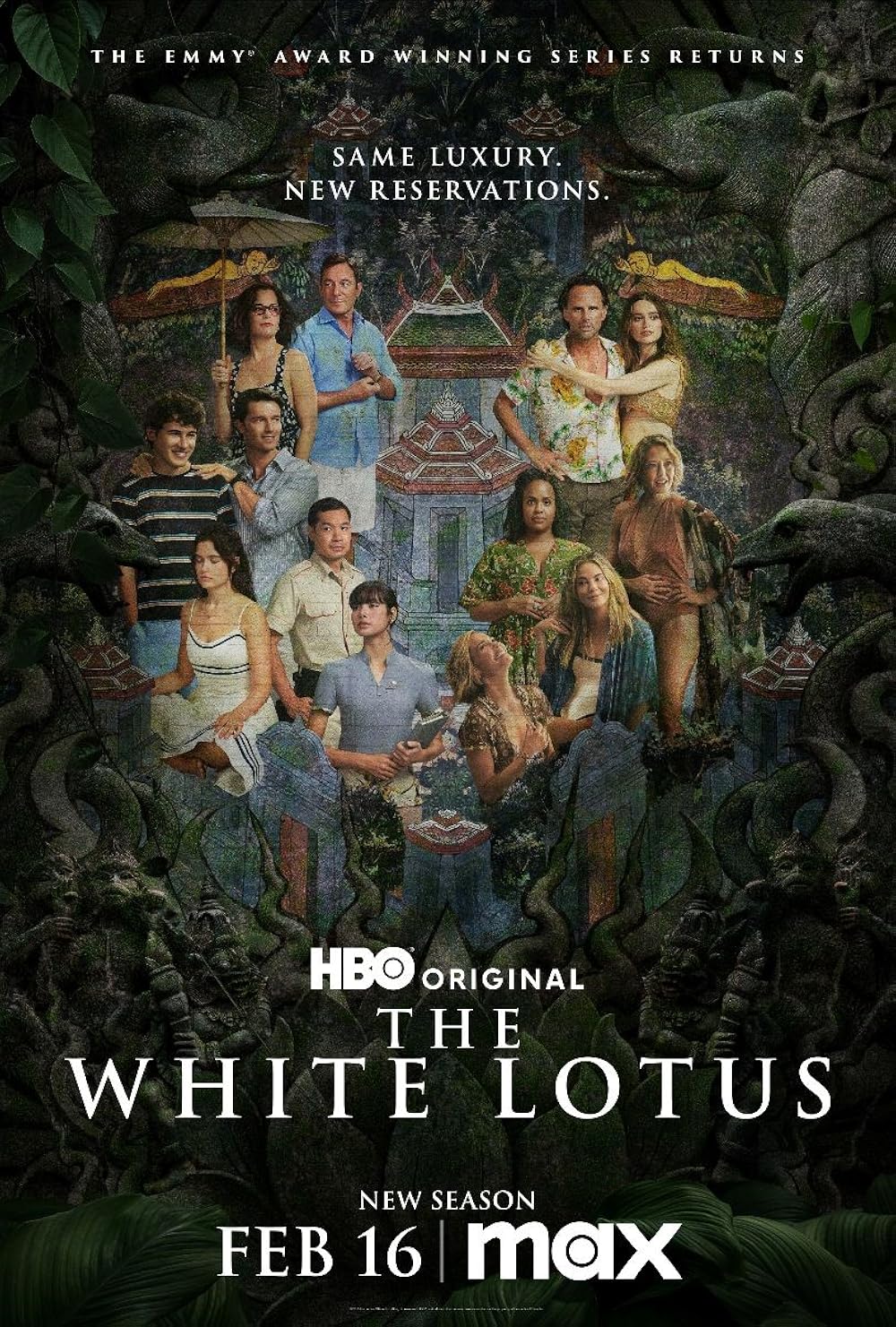
📚 My top book recommendation:
Myth America by Julian E. Zelizer
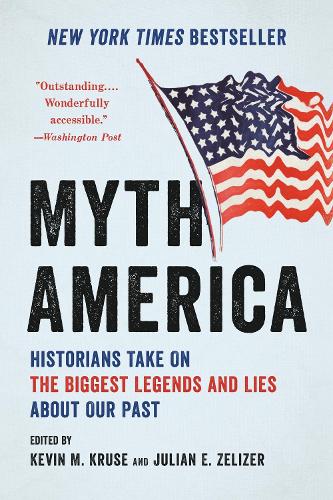
I had some help – Post Malone, Morgan Wallen
🎧 Current Podcast Obsession:

🌈 Something that made me feel joy recently:
My cat Lulu making biscuits on me
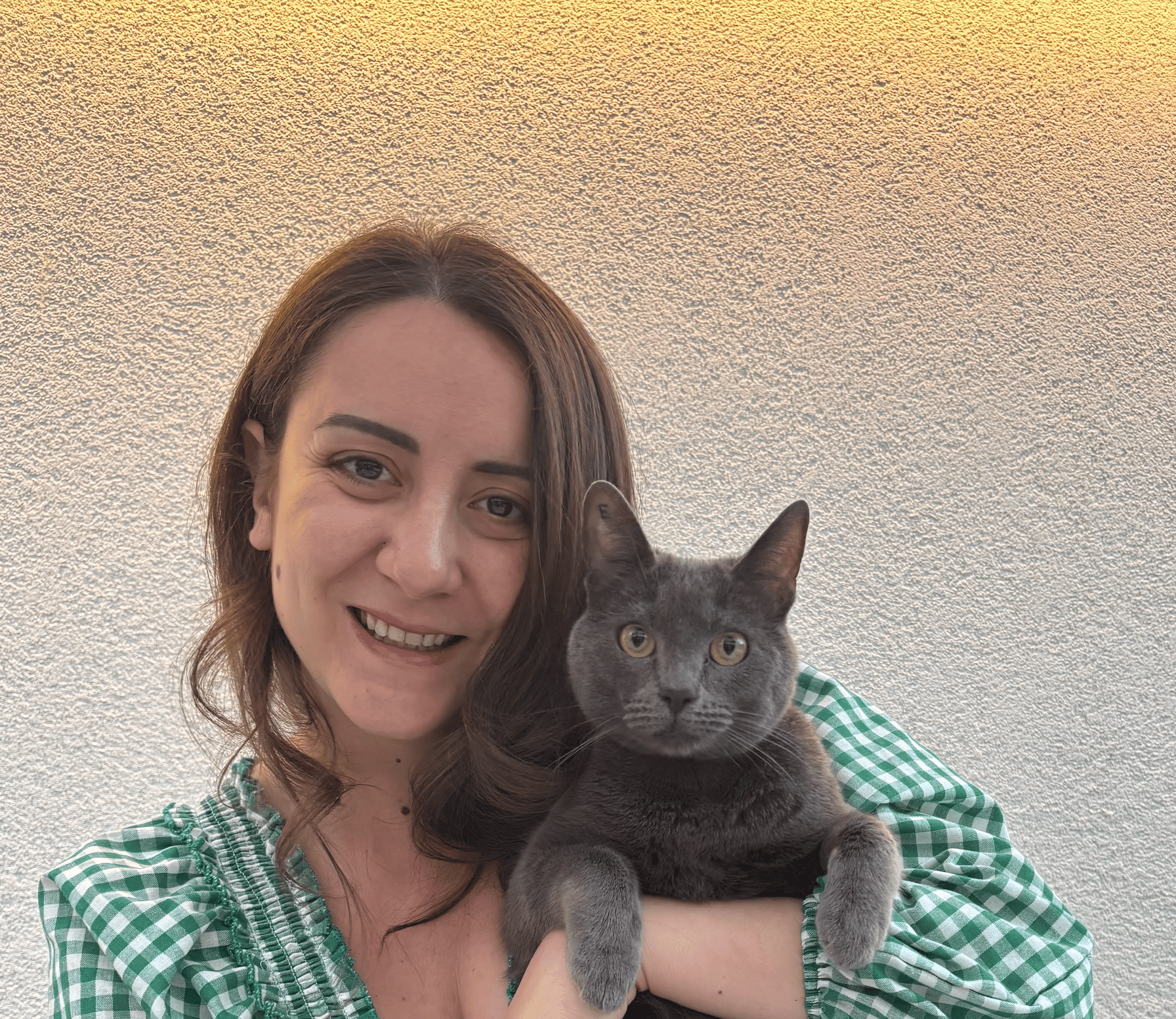
Volunteering at Nuevo Futuro – An NGO for children in the foster care.
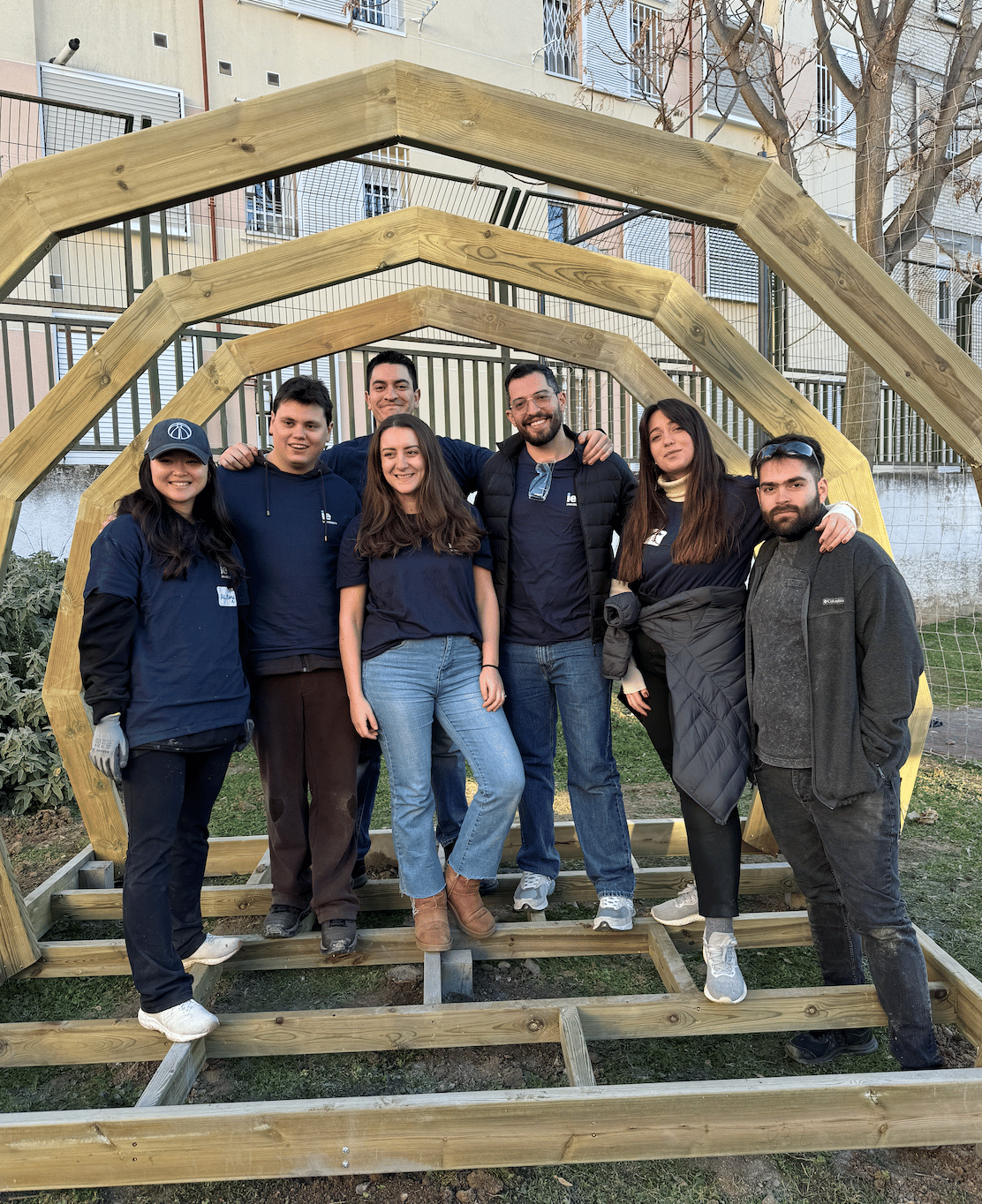
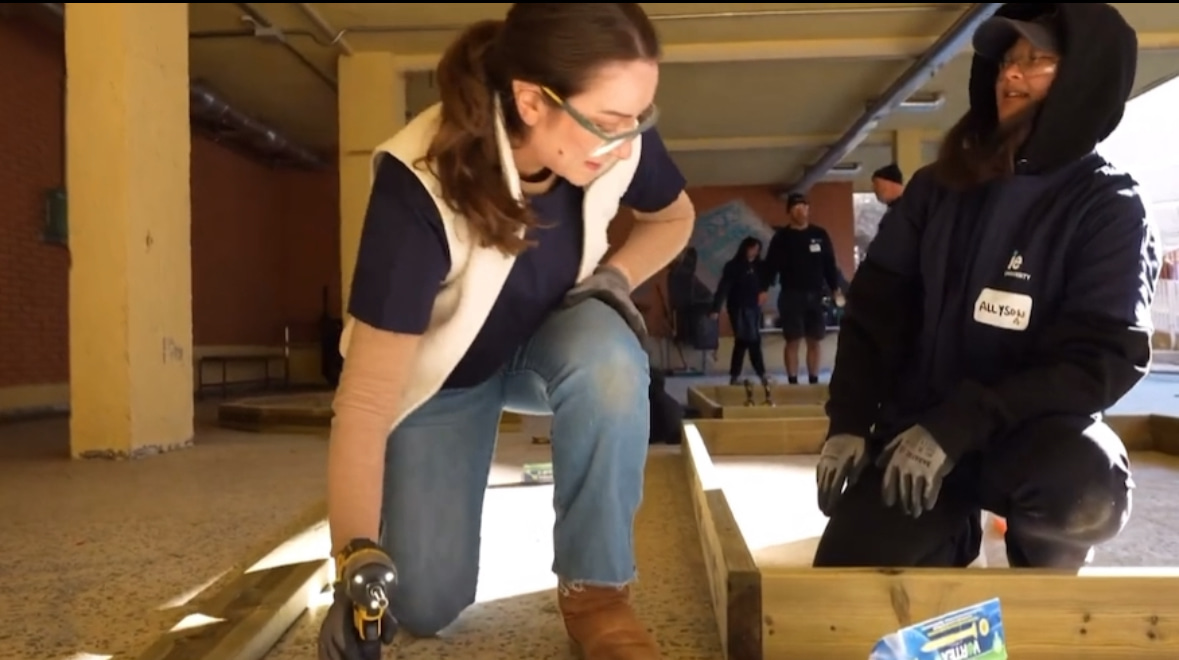
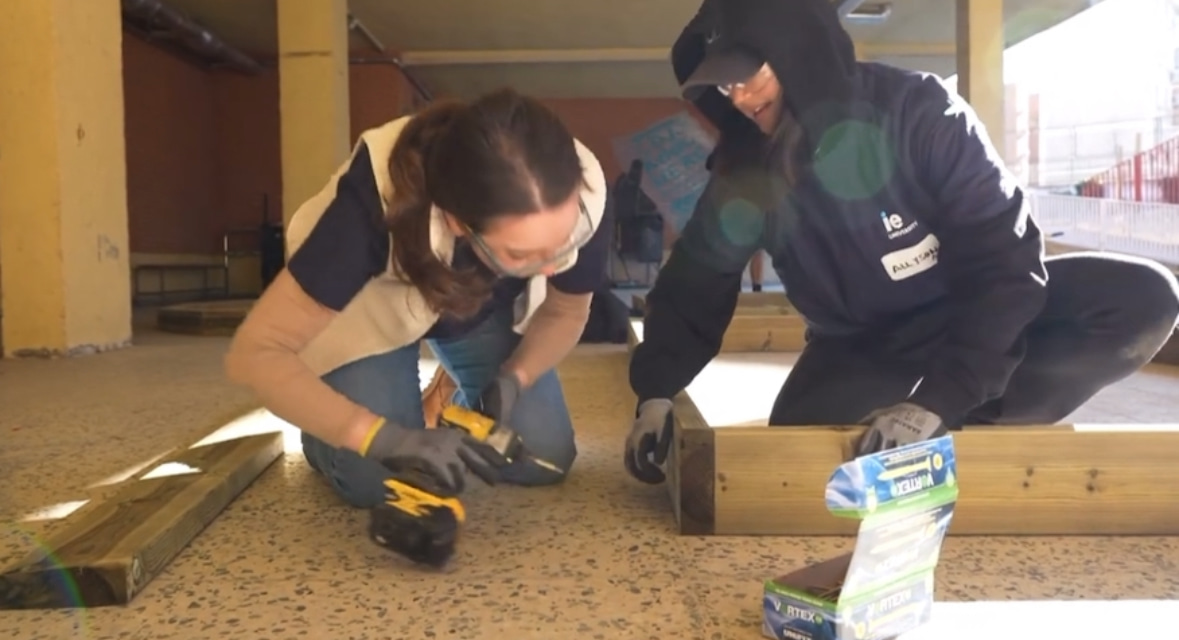
Bler Bahidi is a Laidlaw Scholar at IE Business School. You can find Bler on LinkedIn. The Laidlaw Women's Business Education Scholarship aims to help build a pipeline of future women leaders through access to best-in-class education, resources and global networks by providing full and half scholarships to women who would not otherwise be in a position to reap the benefits of attending an outstanding school.
If you have ideas or initiatives you’d like to see, we’d love to hear from you! Reach out to a board member directly or share your ideas via this form: https://forms.office.com/e/K3EVxg0Ch0
🔦 Discover more Scholar Spotlights:
⚡️ Patrícia Gonçalves, a Laidlaw Scholar at Oxford University's Saïd Business School, on navigating the crossroads of public and private sectors and championing a sustainable, equitable future.
⚡️ Lucy Nyamaah, a Laidlaw Scholar at Oxford University's Saïd Business School, on pushing past gender norms and envisioning a female-led future in the Energy sector.
⚡️ Juliana Ruseva, a Laidlaw Scholar at London Business School, on volunteering, helping women break the glass ceiling and tackling issues step by step.
⚡️ Adebusola Adegbuyi, a Laidlaw Scholar at Saïd Business School, on facing challenges with optimism and empowering young women to begin careers in technology.
⚡️ Aya Hammad, a University of York Laidlaw Scholar, on understanding the origins of cancer, promoting equality in healthcare, and learning to be adaptable.
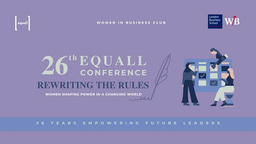


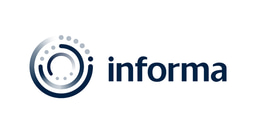
Please sign in
If you are a registered user on Laidlaw Scholars Network, please sign in